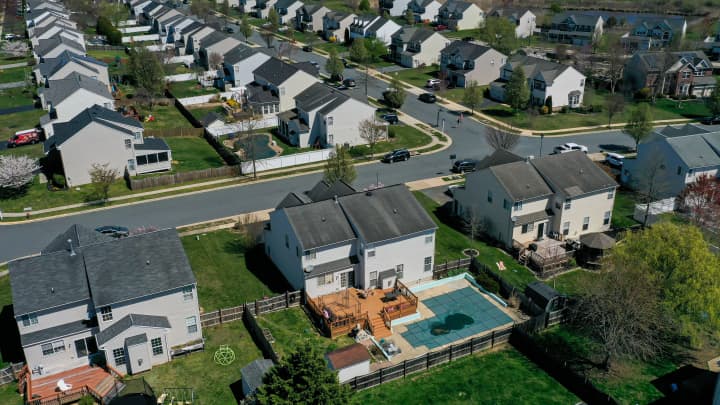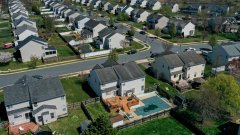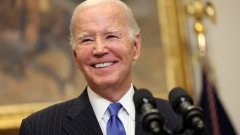
The average rate on the popular 30-year fixed mortgage rate hit 8% Wednesday morning, according to That is the highest level since mid-2000.
The milestone came as bond yields soar to levels not seen since 2007. Mortgage rates follow loosely the yield on the .
this week and last week, as investors digest more reads on the economy. On Wednesday, it was housing starts, which rose in September, though not as much as expected, according to the U.S. Census Bureau.
Building permits, an indicator of future construction, fell, but by a less than the expected amount. Last week, retail sales , creating more uncertainty over the Federal Reserve's long-term plan.
These higher rates have caused , as applications fell nearly 7% last week from the previous week, according to the Mortgage Bankers Association.
"Here's another milestone that seemed extreme several short months ago," said Matthew Graham, chief operating officer of Mortgage News Daily. "The fact is that many borrowers have already seen rates over 8%. That said, many borrowers are still seeing rates in the 7s due to buydowns and discount points."
The homebuilders are using buydowns to help customers afford their homes. They do this through their mortgage subsidiaries.
While they had used the financing tool very sparingly in the past, it is now the top incentive among builders, according to industry sources.
"Although our mortgage company has been offering slightly below market rate loans most of this cycle (just to be competitive), the full point buydown for the 30-year life of the loan we've been referring to recently as a builder incentive is not something we had done in previous cycles, at least not on the broad, majority basis we are doing so today. You might have found it on select homes in the past on an extremely limited basis," said a spokesperson from , the nation's largest homebuilder.
The average rate on the 30-year fixed was as low as 3% just two years ago. To put it in perspective, a buyer purchasing a $400,000 home with a 20% down payment would have a monthly payment today of nearly $1,000 more than it would have been two years ago.
Don't miss these CNBC PRO stories:




